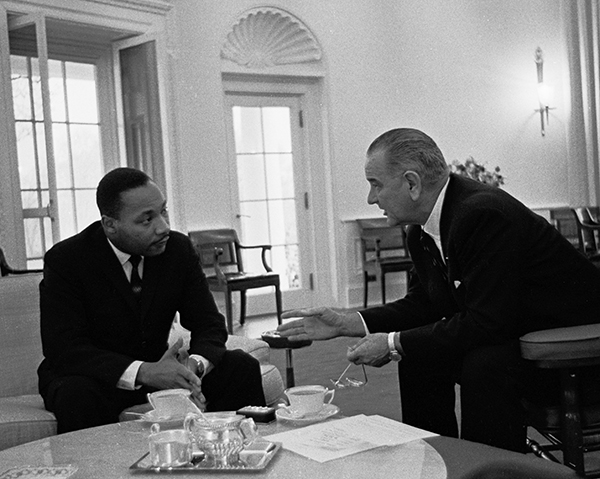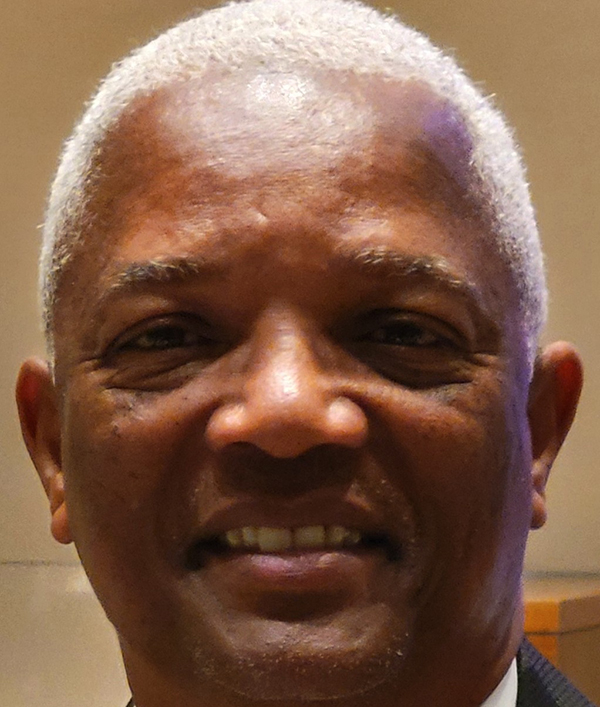By Earl Ofari Hutchinson
Contributing Writer
There’s some consolation that more businesses have finally gotten on board and given their employees the day off on the Martin Luther King Jr. federal holiday, which falls on Jan. 17 this year.
It’s some consolation only because most of the nation’s private industry companies do not honor the King holiday with an employee day off. In 2020, the King holiday was a workday for more than 80% of workers in manufacturing businesses.
Despite all 50 states recognizing the King holiday as a national holiday, the observance of King Day is still largely a discretionary matter for most state officials. Only the District of Columbia mandates the King holiday as a day off for federal employees. No other state has that mandate for its employees.
The mixed reaction to the King holiday ranges from a blind eye, to indifference or outright ignoring it in many quarters.
That’s no surprise. The tone was set from day one in the fight to get the holiday. After countless bills were introduced, and years of massive public protests and demands were made for the holiday, a deeply reluctant President Ronald Reagan’s hand was finally forced by, of all persons, an Atlanta high school student named Donna Frazier, who asked Reagan during a White House question and answer session, “Do you oppose or support making Martin Luther King’s birthday a national holiday?”
Reagan tried to duck and dodge. “To make it a national holiday in the sense of businesses closing down and government closing down and everyone not working? I’d like to call your attention to [the fact that] we only really have a couple of those … not even Abraham Lincoln has that kind of a national holiday,” Reagan told her.
But in 1983, he finally signed the King holiday bill into law. That did not close the matter.
Along the way, the King family and millions of King admirers and devotees had to watch and listen to right-wing talking heads, led by one time North Carolina Sen. Jesse Helms, heap every kind of slander, slur and abuse on King as a communist, agitator, unpatriotic, plagiarizer and sexual philanderer.
Then in what was one of the most annoying flip-flops of hypocrisy in living annals, they had to listen to the same right-wing King maligners snatch a few quotes badly out of context from his speeches and writings about self-help and Black crime and claim him as one of their own.
It took decades more for more businesses to recognize the holiday. It took more years for a dozen or more foot-dragging states to finally toss in the towel and acknowledge the King holiday.
It’s become almost a ritual to hear tales of school districts that refuse to close, businesses that refuse to make even a token acknowledgment of the day, or worse, commercialize it, and for some Republican politician to say something dumb about King on his holiday.
In far too many public and private circles, the King holiday is still regarded as a “Black holiday” or, more charitably, a “civil rights issue.” This reinforces the chronic fiction that King was solely a Black leader and the civil rights movement was a movement only for Nlacks and that his holiday should be celebrated exclusively by Blacks.
King’s “moral imperative” quickly stretched far past the limits of the civil rights movement. The leaders of the gay and women’s rights movements were motivated by King’s actions and borrowed heavily from the civil rights movement’s tactics.
The civil rights movement also had a significant effect on other world struggles. It inspired activist priests in Latin America, students demonstrating against injustice in Europe and the oppressed in South Africa fighting against apartheid.
King was the first significant leader to condemn the Vietnam War and American militarism. He gave impetus and credibility to the antiwar movement.
The amnesia or ignorance of some about King’s vigorous opposition to all wars has been on permanent display in the virtual exorcising of King’s 1967 groundbreaking speech opposing the Vietnam War, and indeed all colonial and imperial wars. Talk about historical revisionism with a vengeance.
King’s moral vision and reach extended far beyond questions of war, peace and racial injustice. He saw that true democracy could never be realized without economic justice for the poor. He pounded away on the need to end class oppression and poverty.
His Poor People’s March in 1968 was a flawed but sincere effort to bring the poor of all races together to seek economic justice.
The civil rights movement increased civil liberties protections and expanded universal voting rights, which together produced a vast array of legal, social, and educational programs that permanently transformed American society and enriched the lives of Americans of all races and income groups, not just Blacks.
The Donald Trump surge, the millions that remain unreconstructed bigots, and the Republican Party’s effort to roll back the racial clock are grim telltale signs of why many will never accept the King holiday as a national holiday worth commemorating.
While sadly, for many others, it will still just be a Black holiday.
Earl Ofari Hutchinson is an author and political analyst. His forthcoming book is “Duped — The GOP’s Lock on America’s Underclass” (Middle Passage Press). He hosts the weekly Earl Ofari Hutchinson Show on KPFK 90.7 FM Los Angeles and the Pacifica Network Saturdays at 9 a.m.










